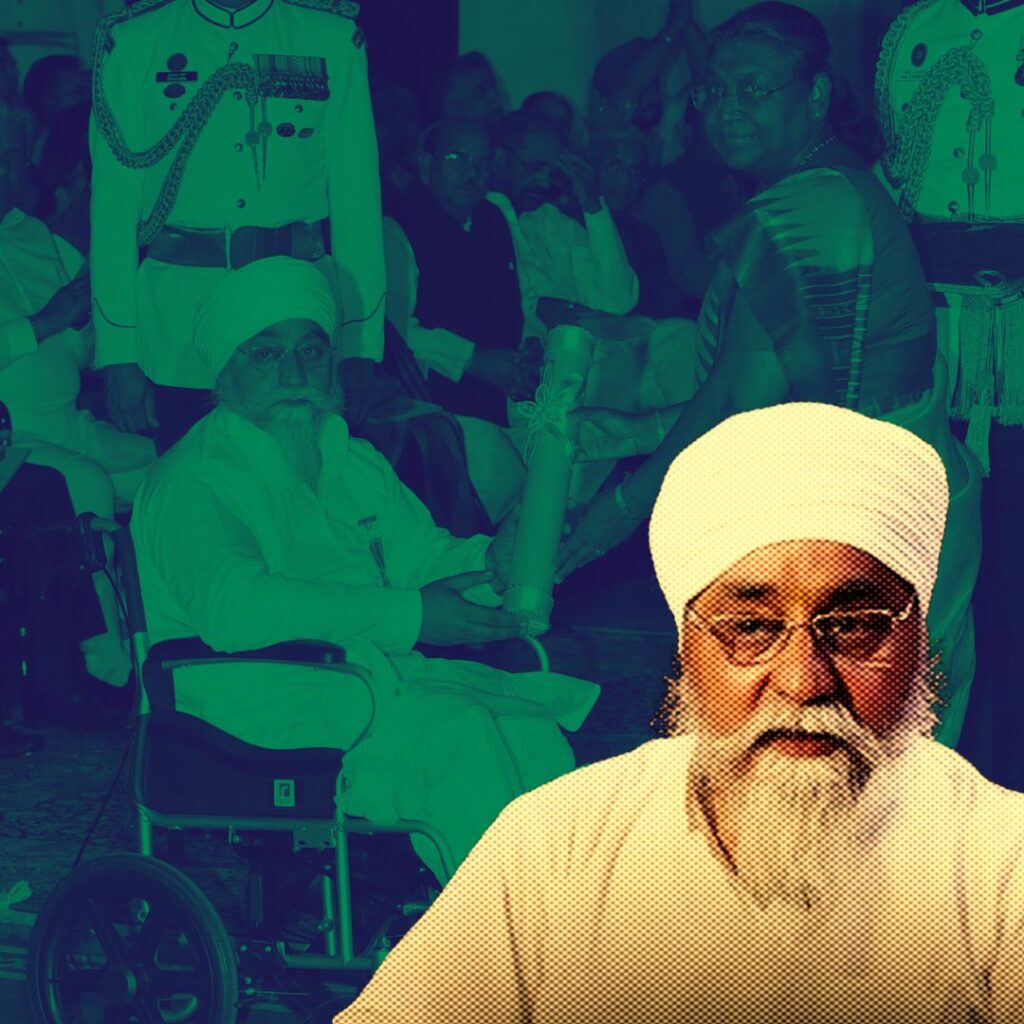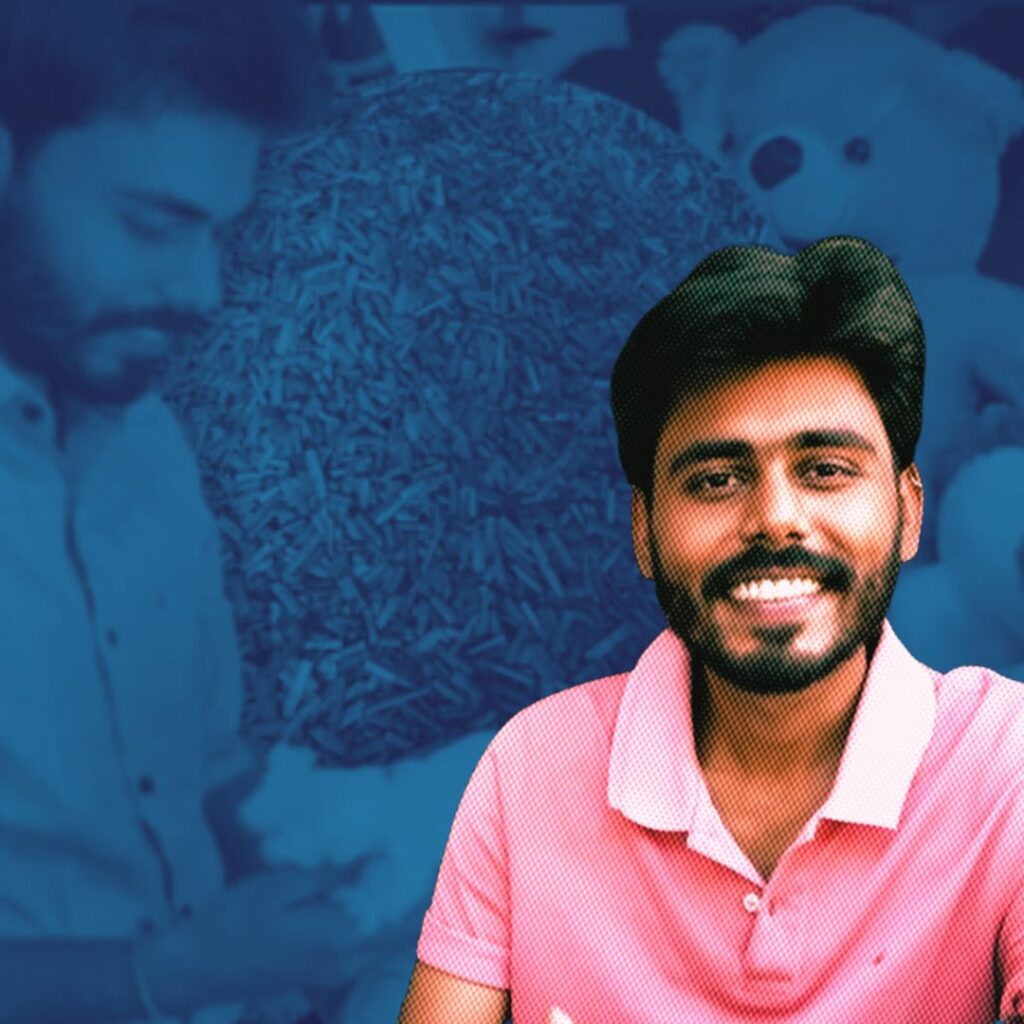
Source: Vidarbha Diaries
It is a pucca house by some definitions. It has four brick walls, a tin roof, a door and one prominent central wooden beam. A beam that the family gazes at every day as a reminder of that moment when their lives took a turn into the worst nightmare that any human being could possibly face.
The beam is where Kishan Mulay hanged himself from and the moment was one that happened at the darkest hour of the night.
Vandana Mulay took us on a tour of her house: A two-room house that has a mud wall for partition; a kitchen that has a dozen utensils and a wardrobe that has half a dozen Sarees and some children’s clothes and school bags.
Imagine living on an income of Rs 2000 a month. Imagine feeding four mouths from that money, paying electricity bill, school fee and medical bills. Imagine toiling a whole long month in hot sun in a dry field for that amount that is less than a 100 rupees a day for a nine-hour shift.
Rs 2000: An amount most of us would casually spend on a meal, most of which we throw away anyway on a tankful of petrol, a shirt, a dress and on so many trivial things.
It is tragically ironic that Kishan committed suicide for a reason that was so very resolvable. A loan that could have been easily repayable, if they had managed to make some money from the 3-acre farm that they owned. Vandana did manage to repay the loan but life is an uphill task every day. Unable to manage the farm, she let it out and makes a meagre Rs 10,000 off it per year. She works in someone else’s fields and brings home the handful of rupees that feed her and her children and her mother-in-law. An income that sometimes does not even come when she cannot find work.
Even as Vandana is telling us her story, the mother-in-law starts talking. Incoherently. She is clearly agitated and keeps saying ‘I am no one’s mother-in-law. I am no one’s mother.’ Vandana signals to us ‘she is crazy.’ A crazy old mother of a young farmer who killed himself because he could not handle the pressure of no rains, no income and a loan that hung over his head. A mother who now cannot bear to step into the house where her son died and sleeps instead in the cattle shed, alongside the bullocks.
“I borrow 1-2 thousand rupees every month from the local money-lender. For our living expenses. It’s accumulating. I don’t know when I’ll be able to repay it,” Vandana says.

It is the day of Pola – the bullock festival that day. Vandana’s 11-yr-old son walks in, tugging in the pair of bullocks they have and Vandana goes to welcome him and the cattle with an aarti. “His father should have been here. But now he is the man of the house, my son,” she tells us.
A human being could live in such penury, a family could live in such utter poverty and yet summon the spirit to celebrate a festival,to thank the beasts that stood by them. This is the spirit of the Vidarbha farmer that is both heartening and heart-breaking to watch at the same time.










